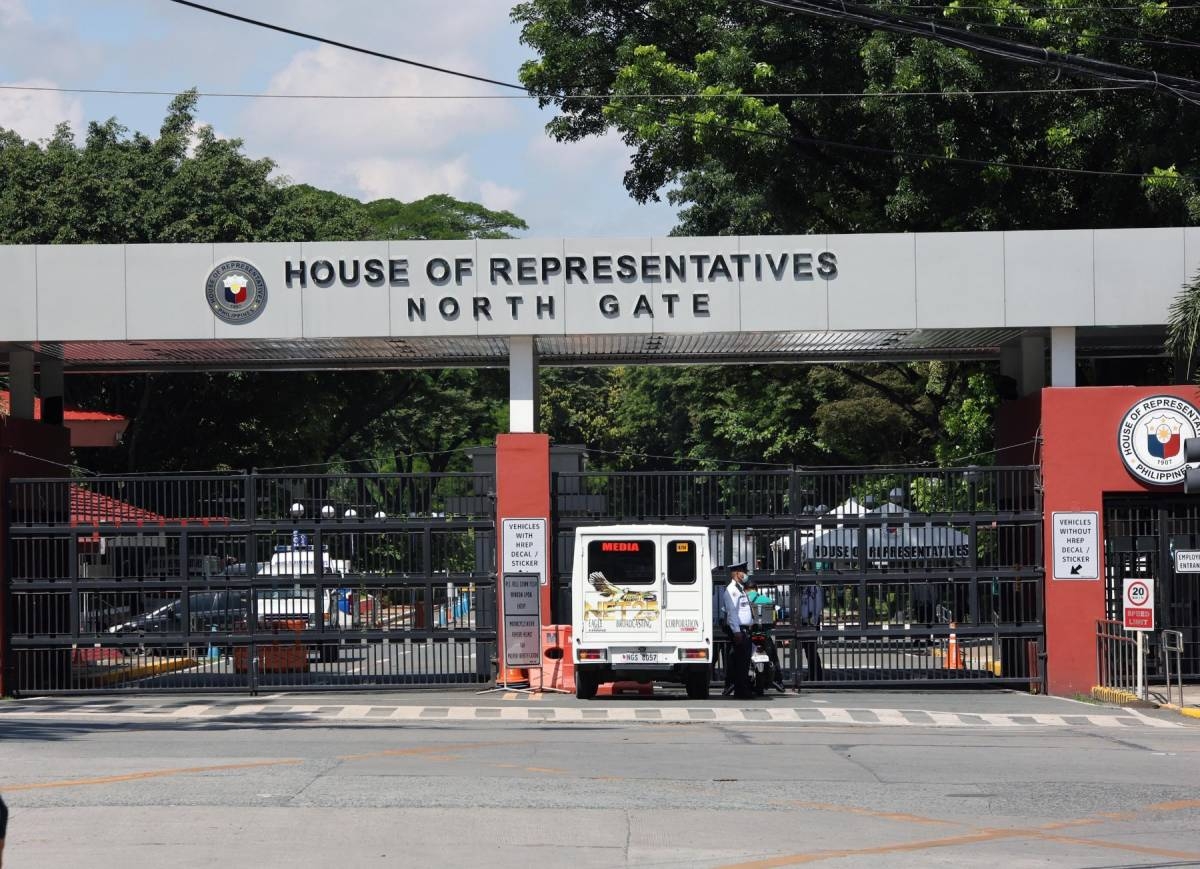The House of Representatives, acting as a committee of the whole, is set to commence deliberations on the economic Charter provisions proposed under Resolution of Both Houses 7 (RBH 7). This important step towards potential amendments to the Constitution aims to involve all members of the House in discussions with noted economists and other resource persons.
Senior Deputy Speaker and Pampanga Rep. Aurelio “Dong” Gonzales Jr., one of the authors of RBH 7, expressed the significance of converting the House into a committee of the whole. This format, similar to a plenary session, ensures that every colleague has the opportunity to participate in the deliberations. The objective is to facilitate the proceedings leading to the eventual approval or rejection of the proposed amendments.
To ensure efficient progress, the House plans to hold three hearings per week and aims to secure a vote before Congress’ Holy Week break in March. This timeline reflects the commitment of the House to address these important economic Charter provisions promptly.
According to the Constitution, amendments can be proposed through a three-fourths vote of Congress or a constitutional convention. Additionally, the people have the right to directly propose amendments through initiative, upon a petition signed by at least 12 percent of the total number of registered voters. It is important to note that every legislative district must be represented by at least three percent of the registered voters therein.
In parallel, the Senate is also deliberating on similar amendments under RBH 6. The Senate commenced its discussions on RBH 6 earlier this month, indicating the shared interest in addressing these provisions across both chambers of Congress.
Both RBH 7 and RBH 6 focus on specific sections of the Constitution, namely Article XII (Section 11), Article XIV (paragraph 2 of Section 4), and Article XVI (paragraph 2 of Section 11). The proposed amendments seek to add the words “unless otherwise provided by law” to the provisions and the word “basic” before the words “educational institutions” in the first sentence of paragraph 2, Section 4 of Article XIV.
It is worth mentioning that RBH 7 does not include the phrase “each House voting separate” which is present in RBH 6. This distinction highlights the variations between the two resolutions and the ongoing discussions surrounding them.
As the House of Representatives embarks on these deliberations, it is essential to recognize the significance of these proposed amendments to the economic Charter provisions. The involvement of noted economists and the active participation of all House members reflect a commitment to ensuring a comprehensive and well-informed decision-making process.
The deliberations in both the House and the Senate provide an opportunity for lawmakers to carefully consider the proposed amendments and their potential implications. As the discussions progress, it is crucial for the public to stay informed and engaged in order to contribute to the shaping of these important economic Charter provisions that could impact the future of the country.
In conclusion, the commencement of deliberations on the economic Charter provisions proposed under RBH 7 marks a significant step towards potential amendments to the Constitution. The involvement of economists, the commitment to a thorough discussion process, and the parallel deliberations in the Senate demonstrate the importance placed on addressing these provisions. As the discussions unfold, it is important for all stakeholders to stay informed and engaged to contribute to the decision-making process that will shape the future of the nation.
Source: The Manila Times








